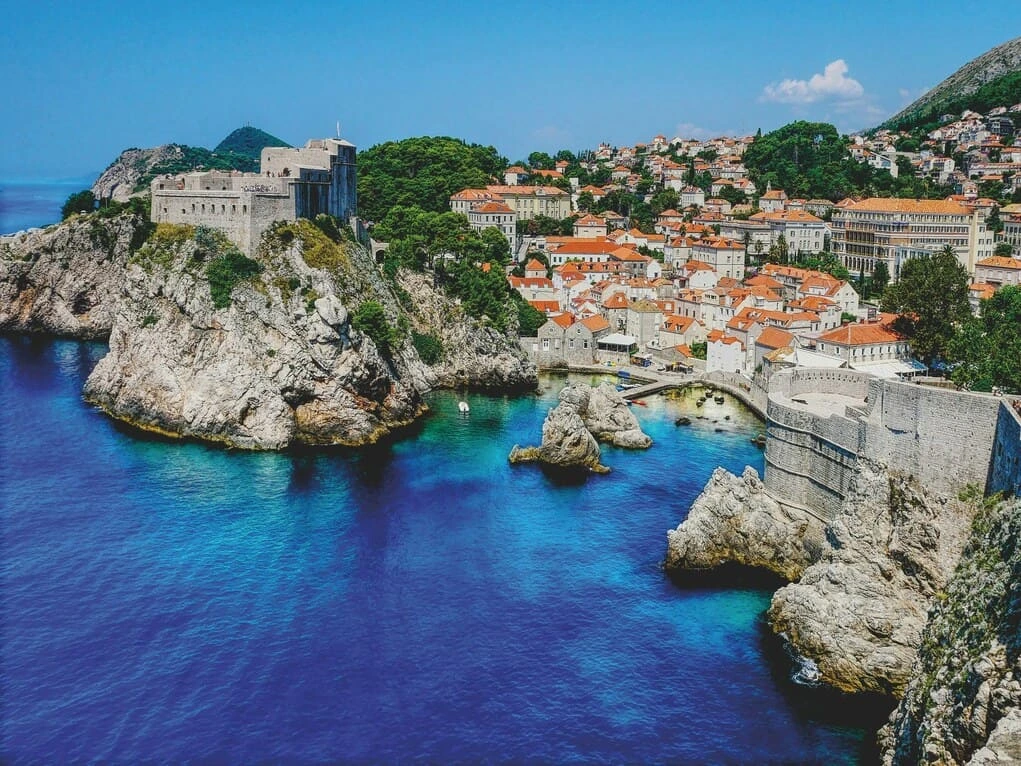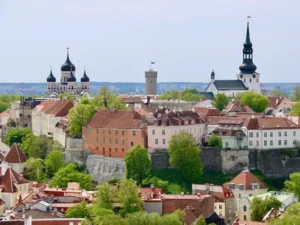How to manage an inheritance in Croatia, whether the heirs are in Spain or the inheritance is in Spain with heirs in Croatia, involves determining the applicable law, gathering certificates, obtaining apostilles and translations if required, identifying the competent notary or solicitor, settling taxes in each jurisdiction, and formalizing the acceptance and registration of assets. Below you’ll find detailed steps, a document timeline table, and a FAQ section.
If you’re wondering “How do I manage an inheritance in Croatia,” follow these steps and check the quick reference table below.
Table of Contents
Steps
Applicable Law and Will:
Determine the habitual residence of the deceased and, if applicable, the EU Regulation No. 650/2012 on international successions. Review the will and any professio iuris (choice of law clause).
Documentation:
Gather necessary documents: death certificate, certificate of last will, inventory of assets, and any apostilles and sworn translations as required by Croatia or Spain.
Notary or Legal Representation:
Identify the competent notary in Spain or a local solicitor (javni bilježnik) in Croatia. Powers of attorney are accepted if the procedure is managed remotely.
Taxation:
In Spain, heirs must pay the Impuesto de Sucesiones y Donaciones (ISD). In Croatia, inheritance tax applies depending on the deceased’s residence and the location of assets. Check for double taxation treaties between Spain and Croatia.
Acceptance and Registration:
Draft the deed of acceptance and partition (skupština nasljednika), then register the ownership changes in the corresponding property and asset registries of each country.
Documents and Deadlines
| Document | Issued by | Where | Apostille/Translation? | Estimated Time | Approx. Cost |
|---|---|---|---|---|---|
| Death Certificate | Civil Registry | Country of death | Yes, if foreign | 3–10 days | €10–30 |
| Last Will / Testament | Notary / Registry of Wills | Spain / Croatia | Apostille + translation if needed | 3–15 days | €20–60 |
| Inventory of Assets | Banks / Registries | Each country | Depending on document | 1–4 weeks | — |
| Hague Apostille | Competent Authority | Country of issue | — | 1–10 days | €20–60 |
| Sworn Translation | Certified Translator | — | — | 2–7 days | €0.08–0.15/word |
| Deed of Acceptance / Partition | Notary | Spain / Croatia | Depends on annexes | 1–3 weeks | €300–1,200 |
Taxes
- Spain (ISD): Tax rates vary by autonomous community.
- Municipal Plusvalía Tax: Applies to urban real estate located in Spain.
- Croatia: Inheritance tax (porez na nasljedstva) applies to property or assets in Croatia.
- Double Taxation: Check the Spain–Croatia Double Tax Treaty or applicable EU rules on credit and exemption mechanisms.
Useful Legal Sources:
- AEAT – Spanish Tax Agency
- BOE – Official State Gazette of Spain
- EU Regulation No. 650/2012
- Croatian Tax Administration
Registration and Distribution
- Prepare the deed of acceptance and distribution, including a detailed inventory and asset allocation.
- Register all inherited assets in both Spanish and Croatian property or asset registries.
- If acting remotely, ensure proper legalization of powers of attorney and notarized documents for use abroad.
- Verify compliance with both jurisdictions’ inheritance procedures to avoid delays.
Frequently Asked Questions
How to manage an inheritance in Croatia?
Identify the applicable law (EU 650/2012), gather the necessary certificates, legalize and translate them, determine the proper notary or solicitor, pay taxes in both countries, and formalize the acceptance and registration. The full process is outlined above with a detailed document table.
How do I manage an inheritance in Croatia?
Follow these steps: applicable law → required documents (apostille, translation) → notary/solicitor → taxation (Spain and Croatia) → registration and title updates.
What documents do I need?
Death certificate, certificate of last will, inventory of assets, apostille, and sworn translation for any foreign documents.
Where do I pay taxes if assets are in Spain and Croatia?
In Spain (inheritance tax and possible municipal tax) and in Croatia (inheritance tax) according to local laws and the double taxation agreement
Can I manage everything remotely?
Yes. With notarized and legalized powers of attorney, both Spanish and Croatian authorities allow inheritance management through a representative.
Conclusion
Managing an inheritance in Croatia can be complex due to cross-border legal, tax, and notarial requirements. To ensure accuracy and efficiency, it’s highly recommended to seek help from professionals experienced in international estates.
Grupo Hereda offers free consultations and expert guidance for inheritances involving Croatia, Spain, or multiple countries. Their legal team handles every step from documentation to registration — ensuring your inheritance process is clear, compliant, and stress-free.
Legal References
- EU Regulation No. 650/2012 on International Successions
- Spain–Croatia Double Taxation Agreement (BOE-A-2006-9754)
- Spanish Civil Code – Succession Law (BOE)
- Croatian Inheritance Act (Zakon o nasljeđivanju) – Narodne novine
- Croatian Tax Administration – Inheritance Tax
GRUPO HEREDA
Grupo Hereda is a law firm with extensive experience in this sector, with over 25 years of practice. We work throughout Spain. If you have an inheritance in Croatia and don’t know where to start, talk to us we work all over Spain.
If you find yourself in a complicated situation, don’t give up. Contact us, and we will find a personalized solution for you. Call us! (+34) 915 487 550 or send an email to info@grupohereda.com.






